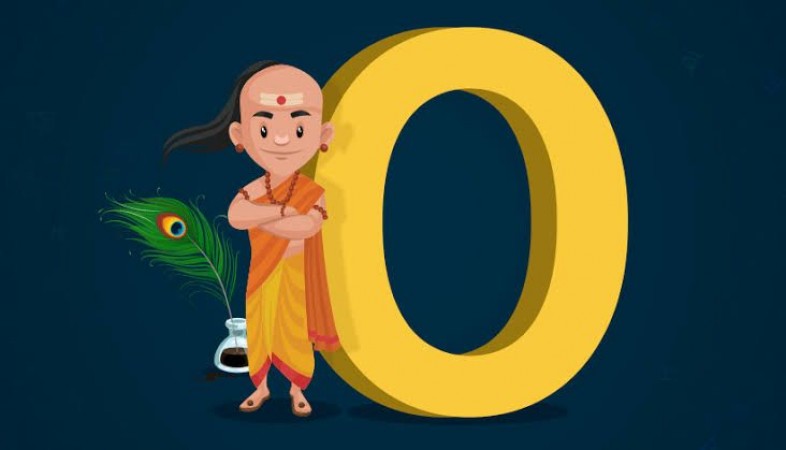
In the vast landscape of human discoveries, few are as fundamental and influential as the invention of zero. This seemingly simple concept revolutionized mathematics, transformed numerical systems, and laid the foundation for modern science and technology. The journey to the discovery and acceptance of zero was a long and intricate one, spanning different civilizations and cultures. The invention of zero stands as one of humanity's most profound intellectual achievements. Its evolution from a mere placeholder to a fundamental mathematical concept unleashed a cascade of advancements across various fields. From ancient civilizations to the digital era, zero continues to shape our understanding of numbers and the universe. As we marvel at the profound impact of zero, we are reminded of the immense power of human imagination and the ability to turn abstract ideas into transformative realities.
The concept of zero emerged independently in multiple ancient civilizations. The earliest known recorded evidence of zero dates back to ancient Mesopotamia around 3000 BCE, where it was used as a placeholder in positional numeral systems. However, it was the ancient Indian mathematicians who made significant advancements in understanding and formalizing zero.Around the 5th century CE, Indian mathematicians, notably Brahmagupta and Aryabhata, introduced zero as a numerical digit and explored its mathematical properties. They recognized zero as both a number and a placeholder, enabling the development of a decimal place-value system. This breakthrough not only simplified calculations but also paved the way for algebra and trigonometry.During the medieval period, Islamic scholars played a crucial role in preserving and expanding knowledge, including mathematics. The Indian numeral system, including zero, was introduced to the Islamic world through trade and cultural exchange. Persian mathematician Al-Khwarizmi, known as the "Father of Algebra," integrated Indian numerals into his influential works, which were later translated into Latin and spread throughout Europe.
The introduction of zero into Europe encountered resistance and skepticism. The Roman numeral system, widely used at the time, lacked a symbol for zero, making arithmetic operations cumbersome. Nevertheless, by the 13th century, Italian mathematician Fibonacci introduced the Hindu-Arabic numeral system, including zero, in his groundbreaking book Liber Abaci. Over time, zero gained acceptance and became an essential component of European mathematics.The invention of zero transformed mathematics by enabling advanced calculations, solving equations, and exploring abstract concepts. Zero became a cornerstone for calculus, complex numbers, and mathematical proofs. Moreover, zero's introduction revolutionized commerce, trade, and scientific measurements, leading to breakthroughs in astronomy, physics, and engineering.Zero's significance escalated with the advent of computers and the digital age. Binary code, the foundation of modern computing, relies on zeros and ones to represent information. The invention of zero thus laid the groundwork for the digital revolution that powers our contemporary world.
also read - Bastille Day: Celebrating France's National Holiday and Revolutionary Spirit
India's Wholesale Prices Plunge for Third Consecutive Month
Remembering Leela Chitnis: Honoring the Legacy of a Trailblazing Actress